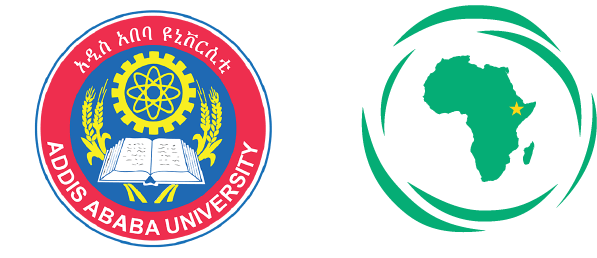Value addition is often a business term and refers to the extra value gained beyond the original
value by subjecting the product to additional processes or by combining the original product with some new extras. Value addition has been a policy priority of the African Union and the recent African Continental Free Trade Area initiative. The Guardian quotes the President of the African Development Bank (AfDB), Dr. Akinwunmi Adesina as saying: “Africa’s natural resources are enough to make it one of the wealthiest in the world; but tragically and ironically, her natural resources have not translated into wealth. “The reason is simple – a dependency on the export of raw materials with little or no value addition. Exporting raw materials only leads to vulnerability, and no nation or region whatsoever, has succeeded by exporting raw materials. We export natural resources and import manufactured products. This approach is a race to the bottom towards poverty, inflation” (https://guardian.ng/business-services/industry/afcfta-secretariat-charges-african-governments-on-value-addition-trade-deficit/).
In chemistry, the elements that we know that exist are probably not more than 100. But the combination of elements created through chemical reactions exceeds 100 million. That is how we get the wonderful and life sustaining product of water. But people of different background and skills working together is probably the most wonderful value addition mechanism. The interest in the Biblical story of the land of Shinar (Genesis 11) often focuses on the confusion created because the people were unable to communicate with each other meaningfully. However, the hidden gem in the story seems to me the reason the Creator decided to confuse the language of the people: He believed “nothing” would be impossible if the people were working together. Human synergy, when applied for good, can make infinite good possible. The reverse may hold true too.
Now the sad truth is that humans organised in political systems and geographies seem to work against each other rather than synergistically. In the past two years, through the COVID-19 pandemic, territoriality has reigned supreme. I think COVID-19 would have already been a history if we had worked together to get rid of it. We did not. We did not have the real systems to build from. The United Nations, the World Health Organization and other global platforms have the potential to be used for the good of the world. But they do not have the required power. When they seemingly do, their power is not applied equitably. The truth is that no region of the world can experience sustainable benefit at the expense of other regions of the world. At least not in the 21st Century.
The benefit of value addition of African raw materials benefits the whole world, not just Africa. For example, Africa has a huge number of unexplored medicinal resources that can be exploited for the benefit of the world. That is why the motto of CDT-Africa is “African solution for a global problem”. Health solutions we create in Africa have to be used to solve global health problems.
The world can value add by working together. What could be achieved through such a synergistic mechanism can be completely transformational. Does this sound socialist? I did not mean to—I am not for socialism as an ideology. But if the Creator says there is no limit to what human beings can achieve if they work together to accomplish a seemingly impossible task, then they amplify the character of the Creator by working together—nothing will be impossible for them. Whatever the reader of this piece makes of the reference to God, the idea itself makes sense. Why don’t we make 2022 a better year by pulling our strengths together? The potential of what we can do is beyond what we can imagine.
Our dear partners, we thank you for your wonderful partnership in the past year. We are talking about synergy here because we have learnt synergy working with you for a better Africa and a better world. We have achieved a lot more and reached a lot further than what we could have done individually or as individual academic units. Our sincere thanks to you all our partners—universities and academic institutions, ministries, implementation districts, staff and funders. There is no question that 2022 will be a more impactful year if we can build on what we have learnt together in the past year. 2022 will also have its ongoing challenges, particularly in COVID-19. If we confront these challenges together and radically, perhaps we will open a new chapter in 2023, that sees beyond COVID-19. 2022 will also have its new challenges, especially as we aim to push our partnership and our impact even further. We will overcome these and see a new horizon working together.
Sincere thanks once more
A wonderful New Year to us all.

